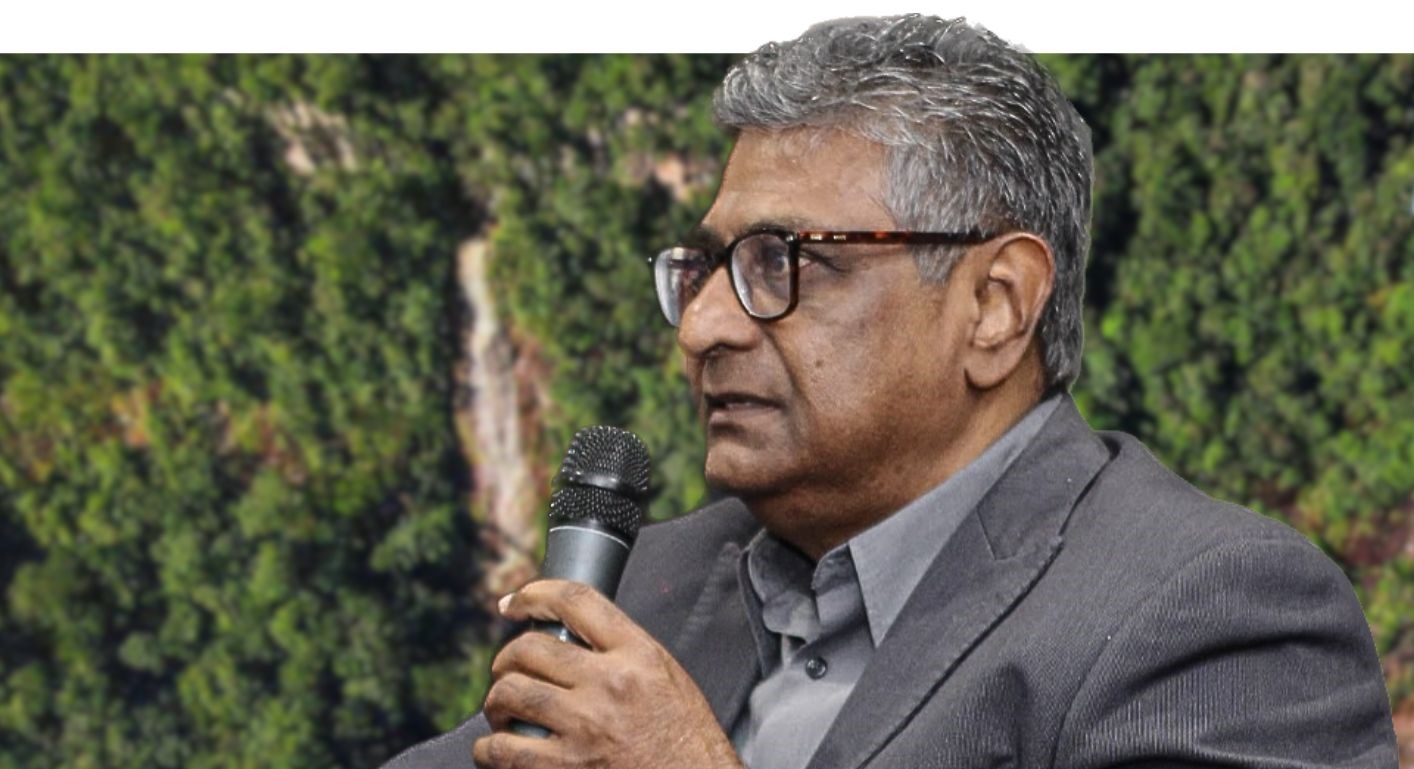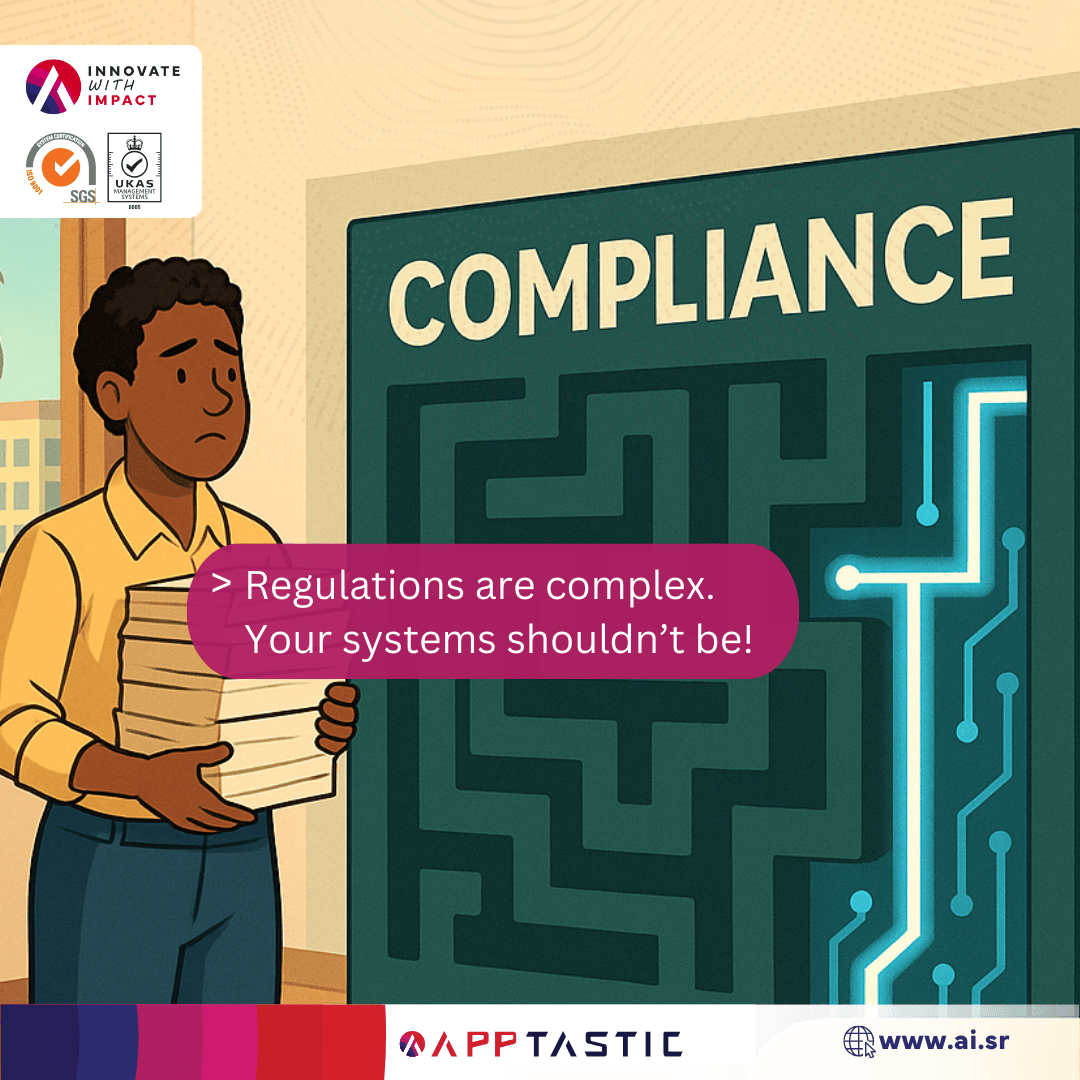Introduction
The recent presentation by Rudolf Elias, highlighting Suriname’s unique position as the greenest country on Earth and its potential in the face of climate change, has sparked discussions on the country’s path to sustainable development. Following the presentation, Minister of Finance, Stanley Raghoebarsing, shared his thoughts on the importance of responsible governance and the role of both the public and private sectors in shaping Suriname’s future. This article explores Minister Raghoebarsing’s insights and emphasizes the need for effective governance and collaboration to maximize the benefits of Suriname’s natural resources.
Governance and Development
Minister Raghoebarsing emphasized that while Suriname possesses abundant natural resources, it is the country’s governance that will determine its success in harnessing these resources for the benefit of its people. He stressed the need to move beyond mere resource abundance and focus on effective management and governance to ensure equitable and sustainable development. Suriname’s green wealth is a blessing, but it requires intentional planning and execution to shape the future by design.
The Changing Global Landscape
The Minister recognized that the world is undergoing a fundamental economic shift, with greater emphasis placed on environmental considerations. The transition towards a greener economy presents an opportunity for Suriname to align its development with global trends and position itself as a game changer. By incorporating sustainable practices into its economic framework, Suriname can leverage its green assets to create a more prosperous and resilient future.
The Role of the Private Sector
Minister Raghoebarsing highlighted the growing significance of the private sector in Suriname’s development landscape. He commended the private sector for taking the lead in driving economic growth and acknowledged its role in generating profits and contributing to the country’s prosperity. However, he also stressed that a strong partnership between the public and private sectors is essential. The government’s role lies in providing good governance, ensuring the rule of law, and establishing the necessary infrastructure, while the private sector brings its expertise, innovation, and investment to the table.
Collaboration for Maximum Impact
The Minister emphasized that Suriname’s development must be guided by a joint effort between the public and private sectors. Both sectors have distinct responsibilities, and a symbiotic relationship is crucial for sustainable progress. By working hand in hand, Suriname can achieve the best outcomes for its people. The recent establishment of the SEOB by the private sector, expressing their desire to actively participate in the management of the IMF program, exemplifies the commitment and potential for collaboration.
Conclusion
Suriname stands at a pivotal moment in its development journey, with its green assets and natural resources holding immense potential. Minister Raghoebarsing’s insights underscore the importance of effective governance, collaboration, and a balanced approach between the public and private sectors. By capitalizing on its green credentials and adopting sustainable practices, Suriname can position itself as a global leader in responsible resource management. It is through intentional design and collective effort that Suriname will unlock the full benefits of its natural resources, ensuring a prosperous and sustainable future for its people.
Read Part 3


